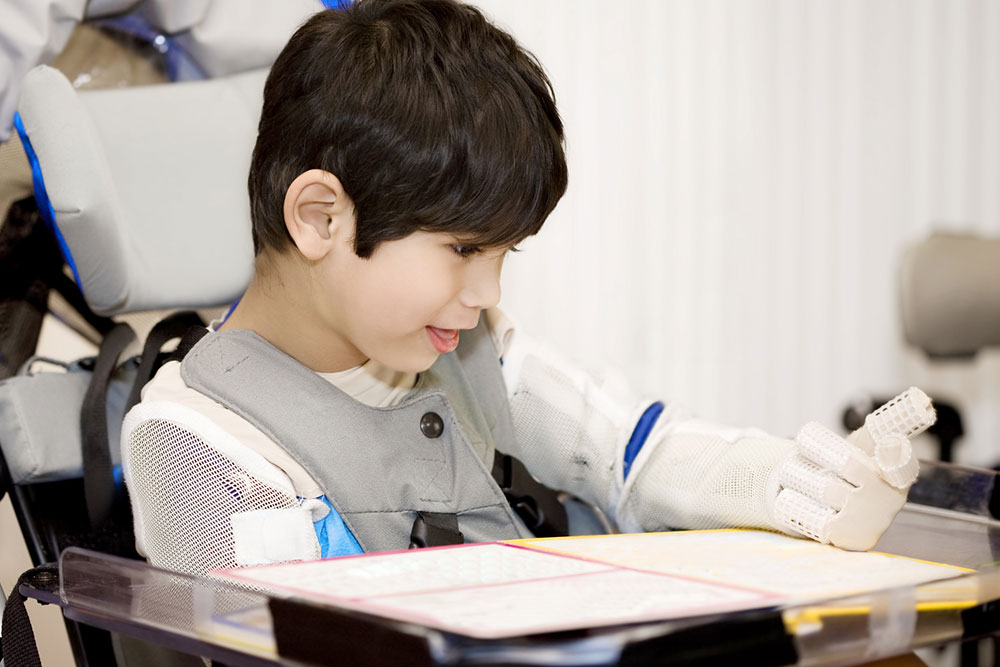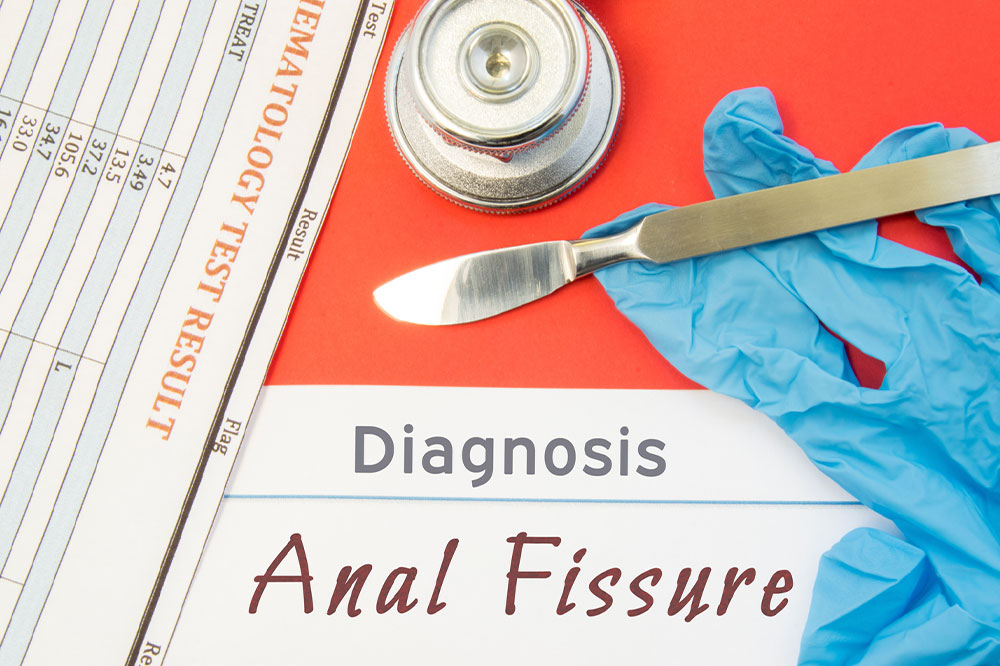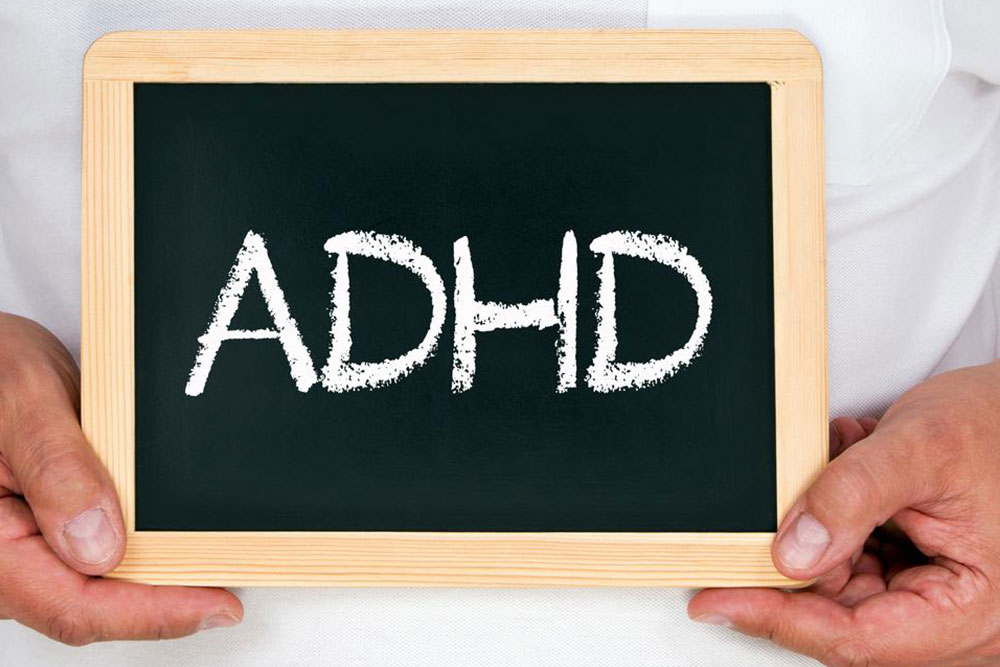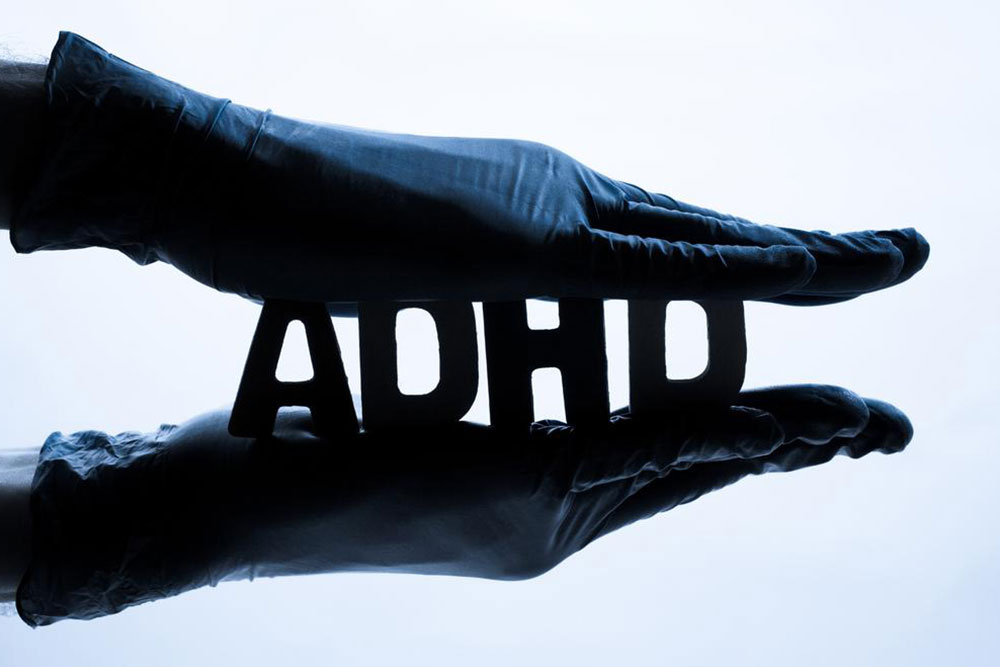Understanding Adult ADHD: Signs, Challenges, and Management Strategies
Adult ADHD affects many individuals beyond childhood, with symptoms like forgetfulness, impulsiveness, and focus issues persisting into adulthood. This article explores signs, challenges, and effective management options, including medication, therapy, and mindfulness. Recognizing and treating adult ADHD can significantly improve quality of life. Tailored strategies help adults overcome obstacles at work and home, fostering success and well-being. Consulting healthcare providers for personalized treatment is essential for managing this condition effectively.

Understanding Adult ADHD: Signs, Challenges, and Management Strategies
Contrary to popular belief, Attention Deficit Hyperactivity Disorder (ADHD) is not limited to childhood; many adults continue to experience its symptoms. Approximately 60% of children with ADHD carry these traits into adulthood, including impulsiveness and hyperactivity. In the United States, around 5% of young adults, both men and women, are diagnosed with ADHD. Some individuals discover their condition later in life when symptoms become more apparent or interfere with daily functioning. These symptoms originate in childhood and persist into adulthood.
Common signs of adult ADHD include difficulties with memory, following instructions, completing tasks on time, maintaining focus, managing time efficiently, and practicing safe driving. Adults with ADHD often face challenges at work and home, but many learn to adapt and leverage their strengths to achieve success. Challenges encountered include depression, forgetfulness, chronic boredom, emotional regulation issues, low self-esteem, impulsiveness, mood swings, procrastination, relationship problems, substance abuse, frustration intolerance, and chronic lateness. Since ADHD symptoms vary among individuals, so do the challenges they face; some may struggle academically or socially, leading to setbacks or even dropping out of school.
Treatment approaches for adult ADHD differ from those for children. Common strategies involve medications such as stimulants (amphetamine, methylphenidate) that increase brain neurotransmitter levels, and non-stimulants like atomoxetine or antidepressants such as Wellbutrin. Psychotherapy plays a crucial role, helping individuals develop organizational and time management skills, problem-solving abilities, and emotional regulation. Counseling also strengthens personal and professional relationships, boosts self-esteem, and addresses anger issues. Mindfulness meditation is also believed to enhance attention span and mood management.
Note:
Our website provides a broad range of informative content across various topics. While we aim to relay accurate and helpful information based on research, readers should not consider these articles as definitive or medical advice. We are not responsible for discrepancies or inaccuracies that may exist elsewhere. Additionally, some specific schemes or offers related to health or treatment might not be covered here, so please consult healthcare professionals for personalized guidance.










